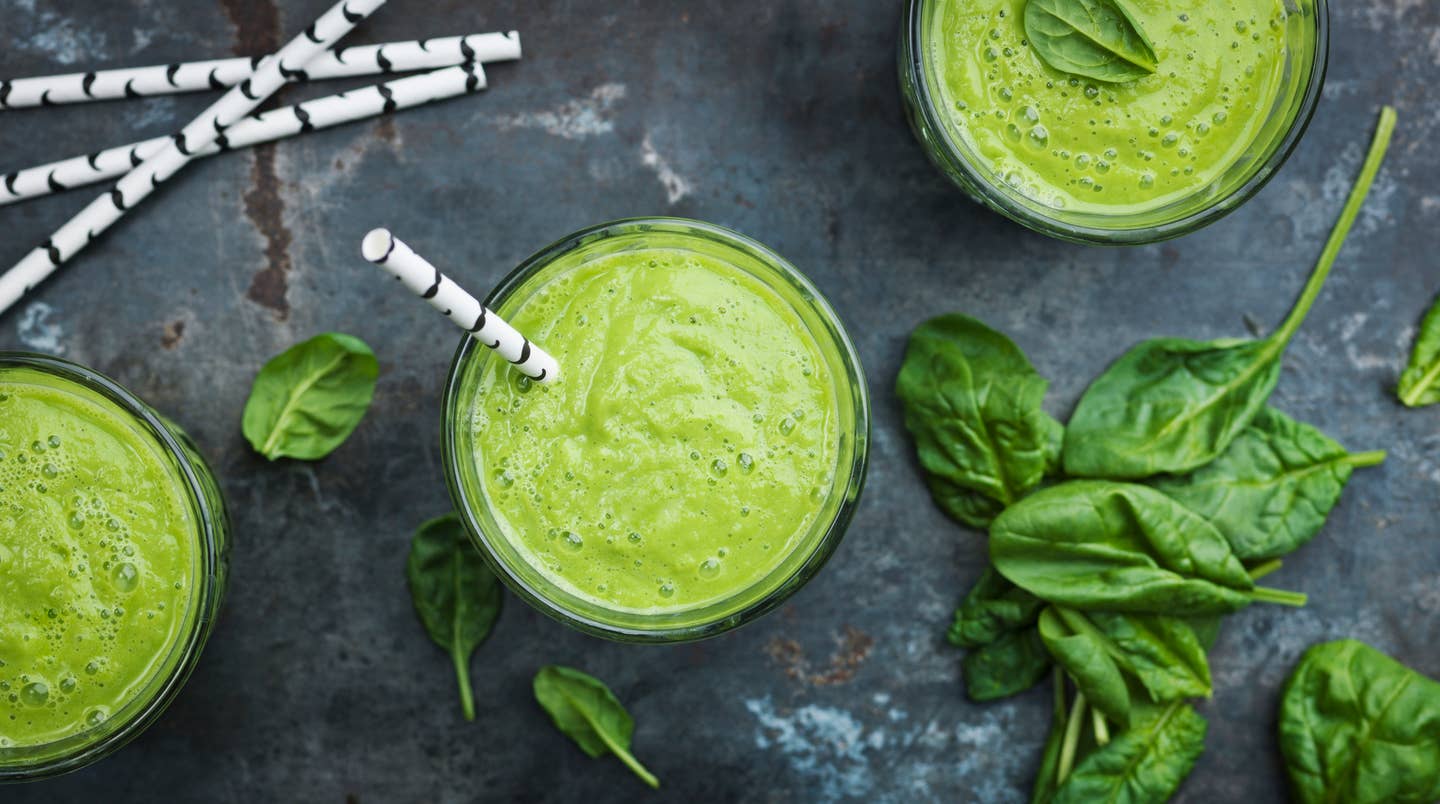
To Reach Your Wellbeing Goals, Focus on Your Mental Health, Says This Doctor
The initial idea of a new year’s resolution can be very exciting: As we turn the page to the new year we begin thinking about changes we would like to make, experiences we would like to have, and how we want to live our lives. This can give a big shot of dopamine and adrenaline which can cause an almost euphoric feeling.
On the flip side, when we don’t take any action on the goals we have set or ideas we have had to change, we can be left feeling pretty down. We might even engage in more negative thoughts that are unmotivating altogether thus negatively affecting our neurochemistry.
Typical resolutions have more to do with how our body looks than how we feel emotionally. In fact, most people have this just a little bit backward and think if they lost weight they would feel better. While this can be true in some cases, we don’t always go about it in the most healthy ways.
Alternatively, think about improving the health of your brain as a way to naturally increase your feel-good chemicals so you can feel more alert, do more things, and naturally want to exercise and eat better. Because 2021 has been emotionally fatiguing, how about focusing on the health of your brain as a resolution for 2022.”
How to Reach Your New Years Resolutions
1. Nourish Brain and Body
This year think of food as fuel. Your neurotransmitters (think serotonin and dopamine) need protein as fuel. Additionally, nutrient cofactors (vitamins and minerals) are necessary for the neurotransmitter pathway to biochemically convert.
Opt for nutrient-dense foods and high-quality protein sources. You can supplement with amino acids, vitamins, and minerals (check with a qualified health professional) to help you fuel up. This will improve our mood, drive, and focus on all things we need in 2022.
2. Get More Sleep
Getting more sleep starts with changing some habits around sleep. Instead of a sugary snack (or alcohol) before bed, opt for a light protein snack. One of my favorite snacks is a calming tea with some collagen protein. This will stabilize your blood sugar before bed which means less waking up in the middle of the night with racing thoughts. Also, set the stage in your bedroom by eliminating the use of electronics bedside.
Scrolling through social media might seem relaxing, but really it's stimulating. Instead, opt for reading a book, or listening to binaural beats. Be sure your room temperature is cool and your bedding and bed are super comfortable.
You can also use the power of smell by diffusing essential oils in your bedroom such as lavender. Research has found that lavender can positively affect sleep. Additionally, your brain will begin to associate the smell of lavender (or whatever scent you choose) with sleep. Learn more about foods that can help improve your quality of sleep here.
3. Move Intentionally
Exercise doesn’t have to be at the gym. In fact, we need to change the way we think about exercise. Instead, just think of it as moving your body more. Thirty minutes of movement a day is all it takes to improve your mood, reduce your stress, and more! Find something that you enjoy and make an appointment with yourself at the same time every day so it is non-negotiable. For instance, if you are working from home before you move from your work chair to the couch, the transition from work to home by going for a walk first.
4. Meditate Daily
Research tells us that meditation is a great way to improve physical and mental health. Meditation is a wonderful way to improve sleep and reduce your stress load. Don’t be afraid that you ‘don’t know how to meditate’. There are plenty of apps or videos out there that will get you going. The most important part is to just start. Find a time in your day, maybe before you get out of bed, that you can be still and just breathe. Start with five intentional minutes and work your way up.
Dr. Teralyn Sell is a Psychotherapist and Brain Health Expert with a Ph.D. in Psychology. She is the author of Kick Off Your Damn Heels! and host of the podcast series by the same name.
For more expert advice, visit The Beet's Health & Nutrition articles.
More From The Beet






